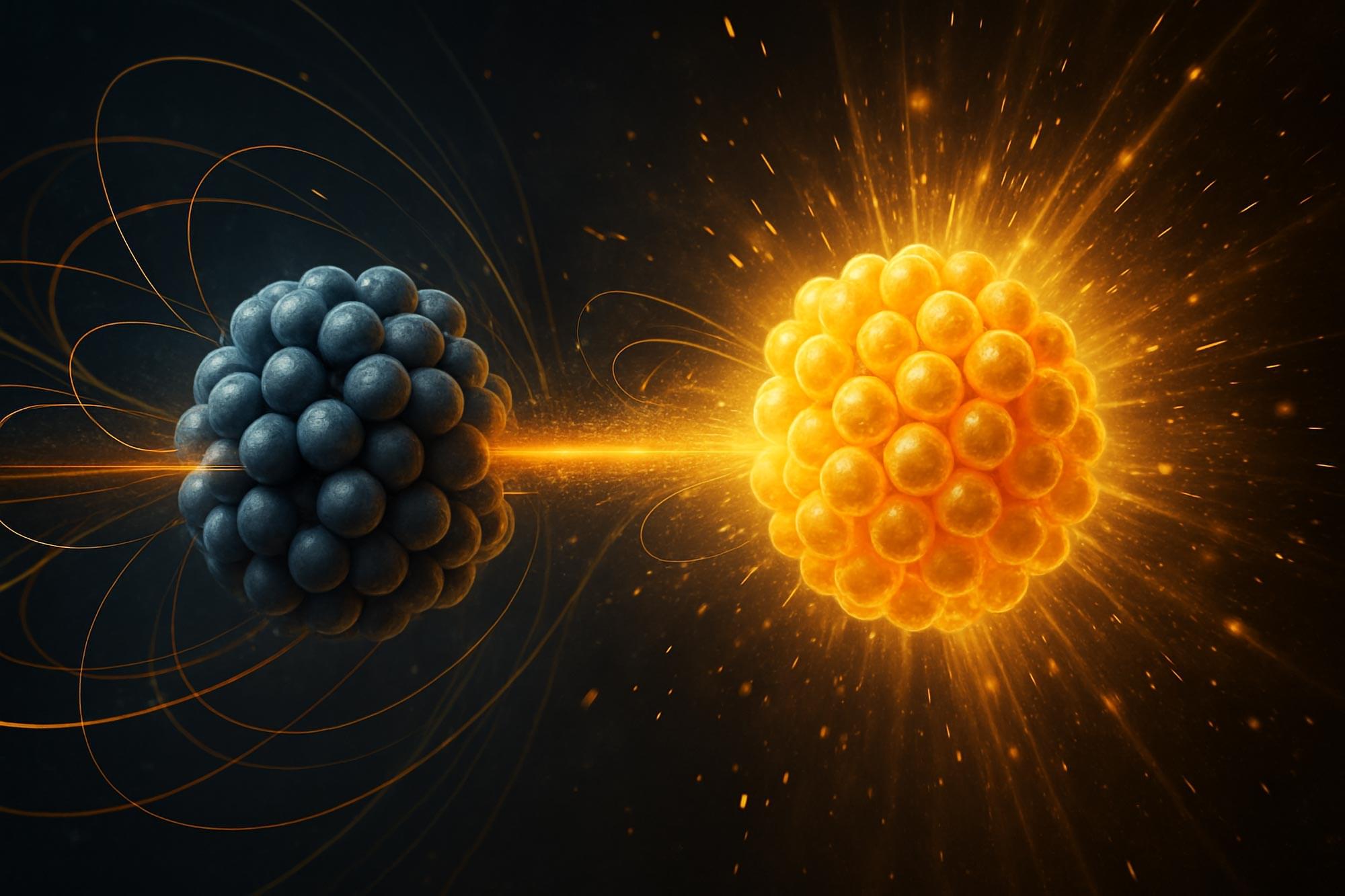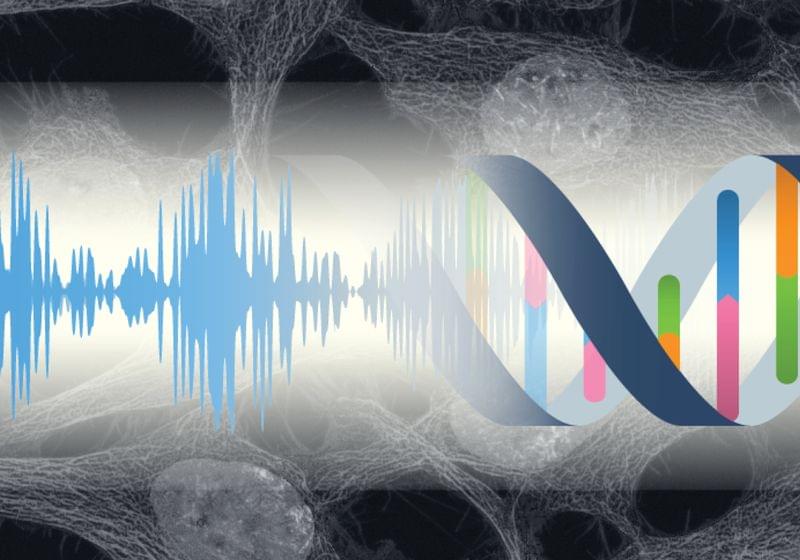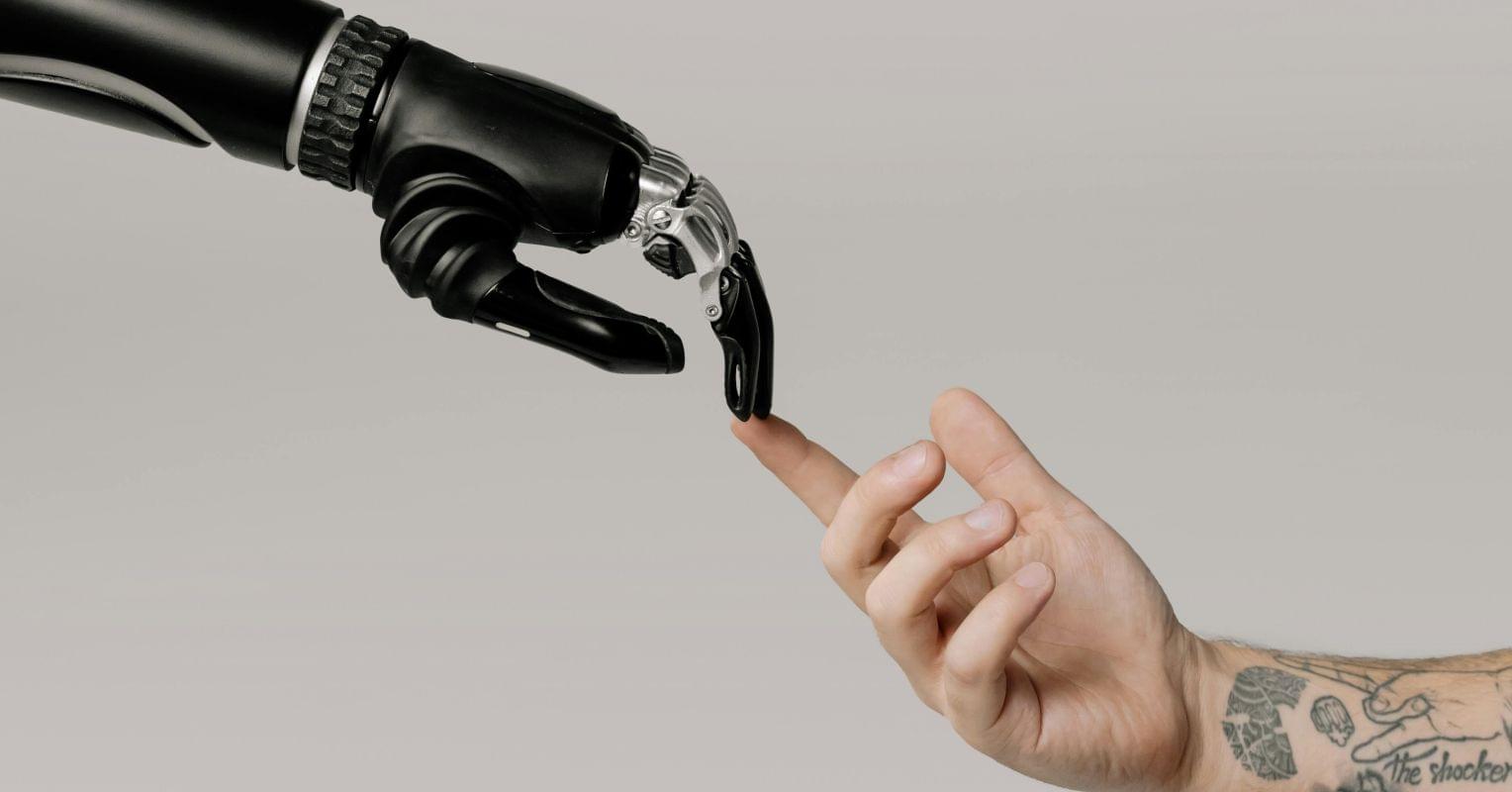Scientists at CERN have achieved what medieval alchemists only dreamed of: turning lead into gold.



What, exactly, is your cat thinking? Scientists came up with a questionnaire in 2021 that might give you some idea of where your feline friend fits on what’s known as the triarchic model of psychopathy.
The model measures levels of boldness, meanness, and disinhibition in order to assess overall psychopathic tendencies. Ordinarily, the test is for human beings, of course, but here it’s being applied to cats.
Having completed the survey – which you can find online – you’ll be given what’s called a CAT-Tri+ measure for your pet’s level of psychopathy. The team is hoping that knowing this score can improve human and cat relationships.




Por meio do Telescópio James Webb, pesquisadores encontraram o exoplaneta K2-18b, cuja atmosfera está cheia do gás DMS, liberado por algas marinhas na Terra…